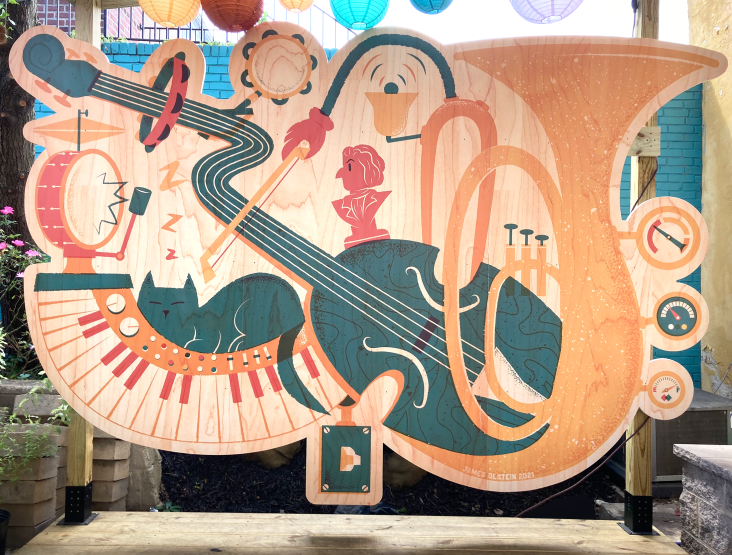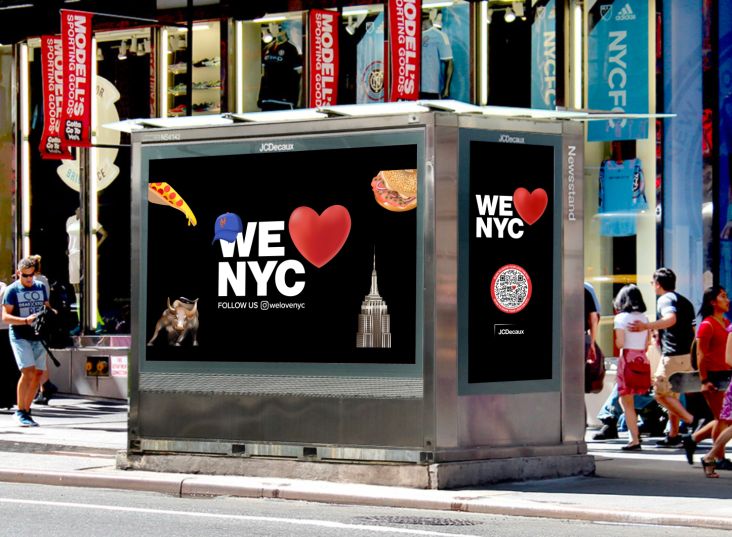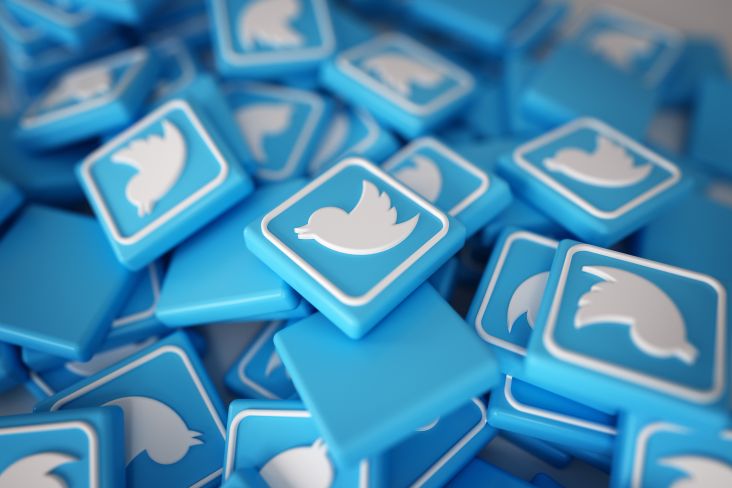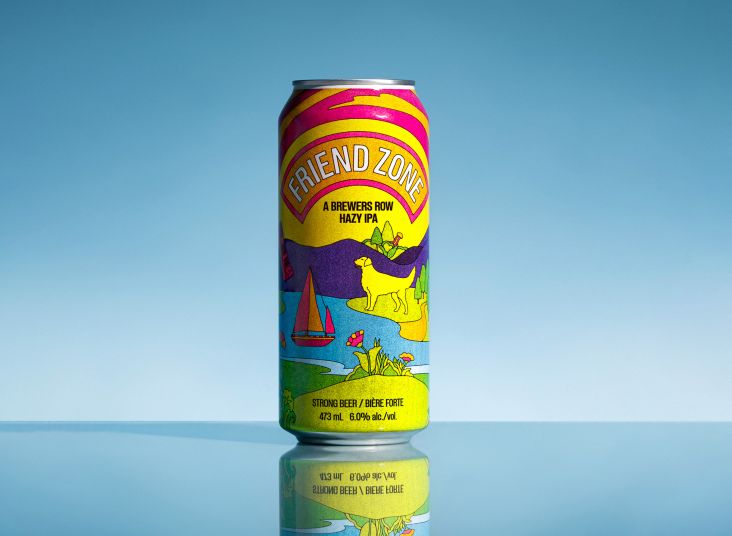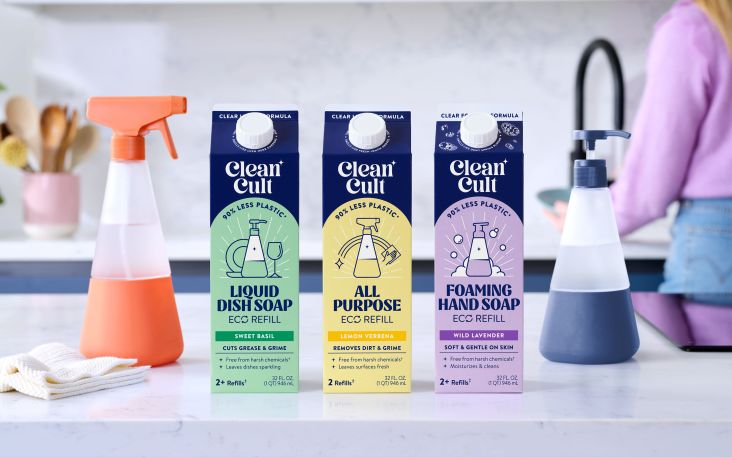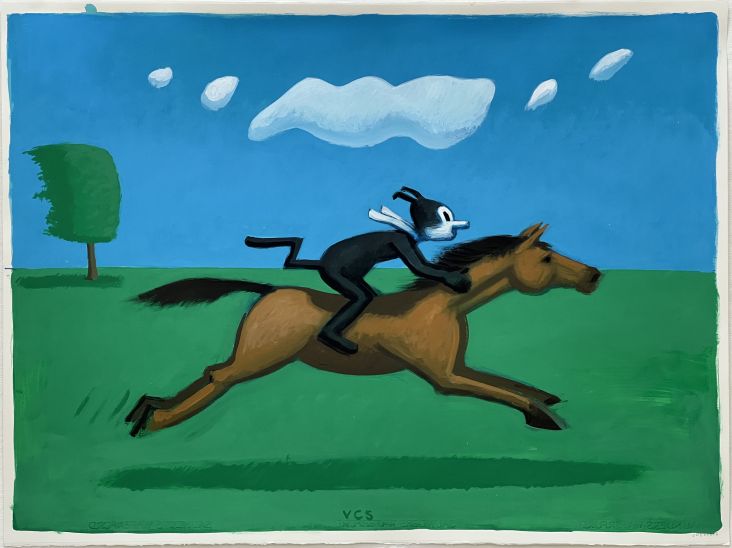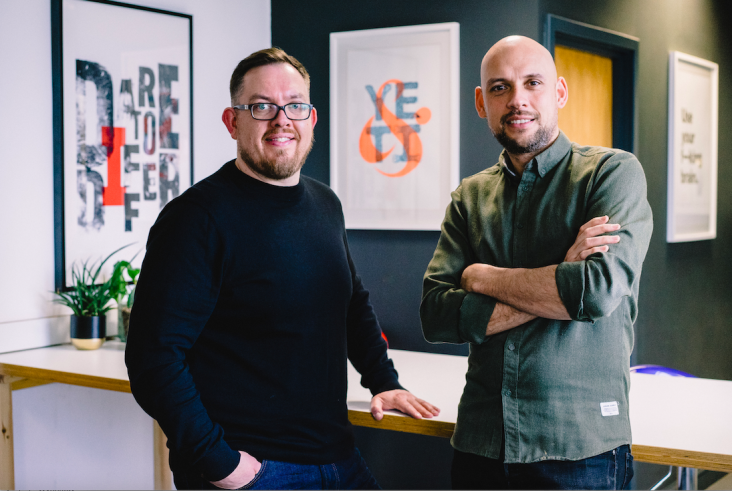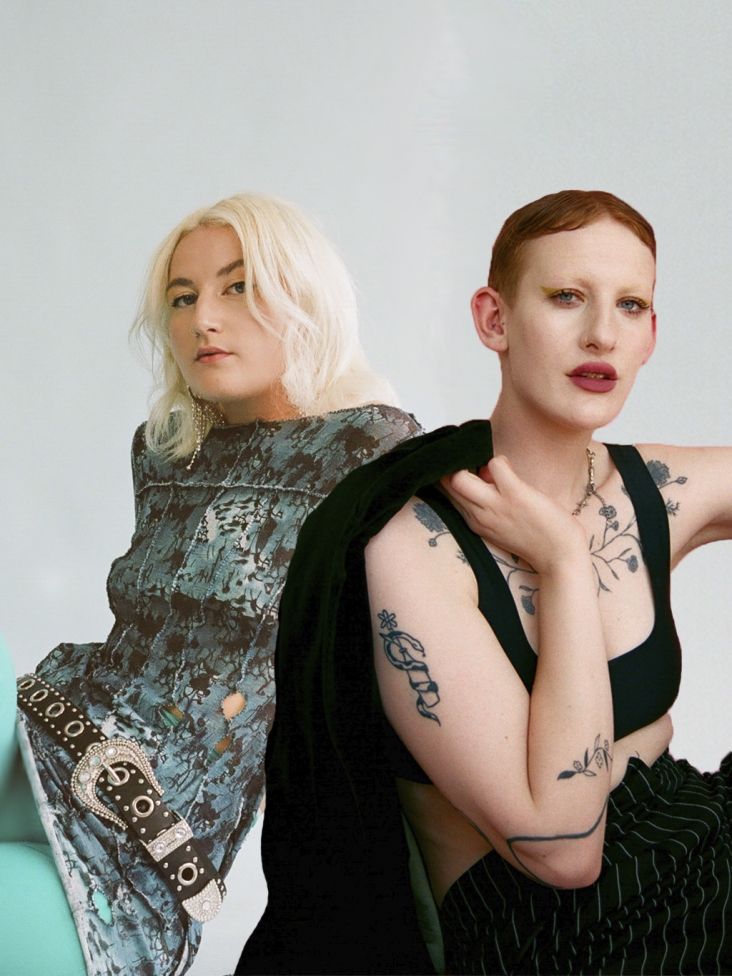'No alcohol doesn't mean no fun': how clever creative can change the conversation for NoLo drink brands
The 'no and low' alcohol market is officially booming, but there's a lot of room to do the category more justice from a creative perspective. BrandOpus's John Matthews and Reed Words' Nazy Farkhondeh share their insights into how feisty, benefit-driven creative can make all the difference in transforming NoLo from a no-fun option to a no-brainer choice.
](https://www.creativeboom.com/upload/articles/89/8951aa7210e6c4879105a2a1e578369a82a0e734_1280.jpg)
Credit: Asahi
Nineteen per cent of people today consider themselves sober curious, and 28% of 'college-aged' Americans have decided to go teetotal. As sobriety, or simply opting out of alcohol occasionally, becomes more mainstream, the hyper-fragmented market of alcohol is driven by the rise of no and low-alcohol alternatives.
It's no question that zero alcohol is having a breakthrough moment. A recent case in point: Heineken went all in to hype its longstanding 0% beer with a primetime spot in the Super Bowl ad lineup – the brand has never before made its no-alc variant the hero piece of such a big campaign, underscoring the very clear shift in the drinks market.
"But just because people choose to drink less, does not mean they want to sacrifice on experience," noted John Matthews, senior strategy director at BrandOpus, adding, "and with this widening category, new and established players are filling the white space with innovation that blurs wellbeing with alcohol."
With no and low-alcohol (or NoLo for short) drinks on the rise, so too is the opportunity for creatives to push boundaries in the market regarding brand, design, and positioning.
Matthews rightly insists that "No alcohol shouldn't mean no attitude." Where in the past, NoLo brands have often presented as reserved and functional, more and more alcohol alternatives are showing off a feisty personality – proof that you don't have to be buzzed to have fun. As an example, Matthews cited BrandOpus's own work on Molson-Coors' zero-proof cocktail Roxie with its line: "Zero Fox Given". Matthews explained his own team's thinking behind words: "In an empowering statement for its consumers, Roxie isn't just showing that NoLow isn't an option – it's a choice."

Credit: BrandOpus/Roxie
But there has to be more to a NoLo brand identity than an emphasis on the lack of alcohol. While zero alcohol messaging is important for how brands communicate their value proposition from the beginning, Nazy Farkhondeh, a senior writer at verbal branding agency Reed Words says that "the problem is that so many brands are leaning into it like it's a unique value proposition when in reality, it's not anymore."
Farkhondeh said that while leaning hard on the zero can work for an established alcohol brand like Heineken, new brands entering the market will have to do more. She said: "Heineken has been an iconic alcoholic beer for generations and generations. You can play into that humour of Heneiken without alcohol which is why the Super Bowl ad works. I think with new no-alcohol drink brands coming onto the scene, it's more important to create a brand that communicates the spirit of your drink rather than trying to recreate the experience of drinking. The NA beverage category is getting so large now that this is extremely important to stand out."
Some of the most successful NoLow brands carving out their own space are those that build their spirit around what their drinks offer that alcohol can't.
Additive health benefits are an obvious opportunity for bringing fresh zest to the category: "Even with a fresh lemon or lime and a squeeze of orange juice, the negative impacts of alcohol often outweigh the positive impacts of the fresh products in the drinks," explained BrandOpus's Matthews. "But non-alcoholic drinks can actually benefit those drinking them, one of which is the fruit and natural botanicals used in the recipes." That opens up opportunities for brands to show off their natural beginnings by bringing attention to plants and nature throughout their branding.
"GooziGoozi plays with texture and organic shapes to elevate the tropical flavours behind its offering," Matthews pointed out. "The playful aesthetic is simple and sweet, leaning into imperfect prints and vibrant colours reminiscent of the very fruit that brings a flavourful punch to the low alcohol liquor."
Of course, one of the most undeniable benefits of drinking LoNo alternatives is that drinkers can avoid inebriation and participate in more engaging tasks – opening up social opportunities beyond clubs, bars, and house parties. Rather than leaning on how NoLo choices are comparable to alcoholic beverages in traditionally drink-focussed settings, the best no and low alcohol branding and creative highlight the ways a drink can open new doors to fun.
Reed Words' Farkhondeh mentioned NoLo favourite, Atheltic Brewing Company as the perfect example of a brand that heroes the experience it provides: "They've created a community and movement around this idea of creating beer for athletes. They're redefining the concept of beer and sports by shifting the focus from watchers of sports to participants. Their tagline #FitForAllTimes captures that spirit very well while providing a subtle nod to the fact that it contains no alcohol."
BrandOpus's John Matthews summed it up: "The toxic stigma surrounding non-drinkers is changing, moving to label away from 'no-alcohol, no fun' into having it all, without the hangover. Do you want to be able to enjoy a drink with friends in the great outdoors? No alcohol," he says, means "no problem."
Both Matthews and Farkondeh suggested that with the right design and attitude, brands can associate NoLo drinks with an aspirational lifestyle that doesn't just position these drinks as alcohol alternatives but as superior in their own right. For creatives, the opportunity is ripe to set the standard for a revolutionised category that prioritises living life to the fullest.

















